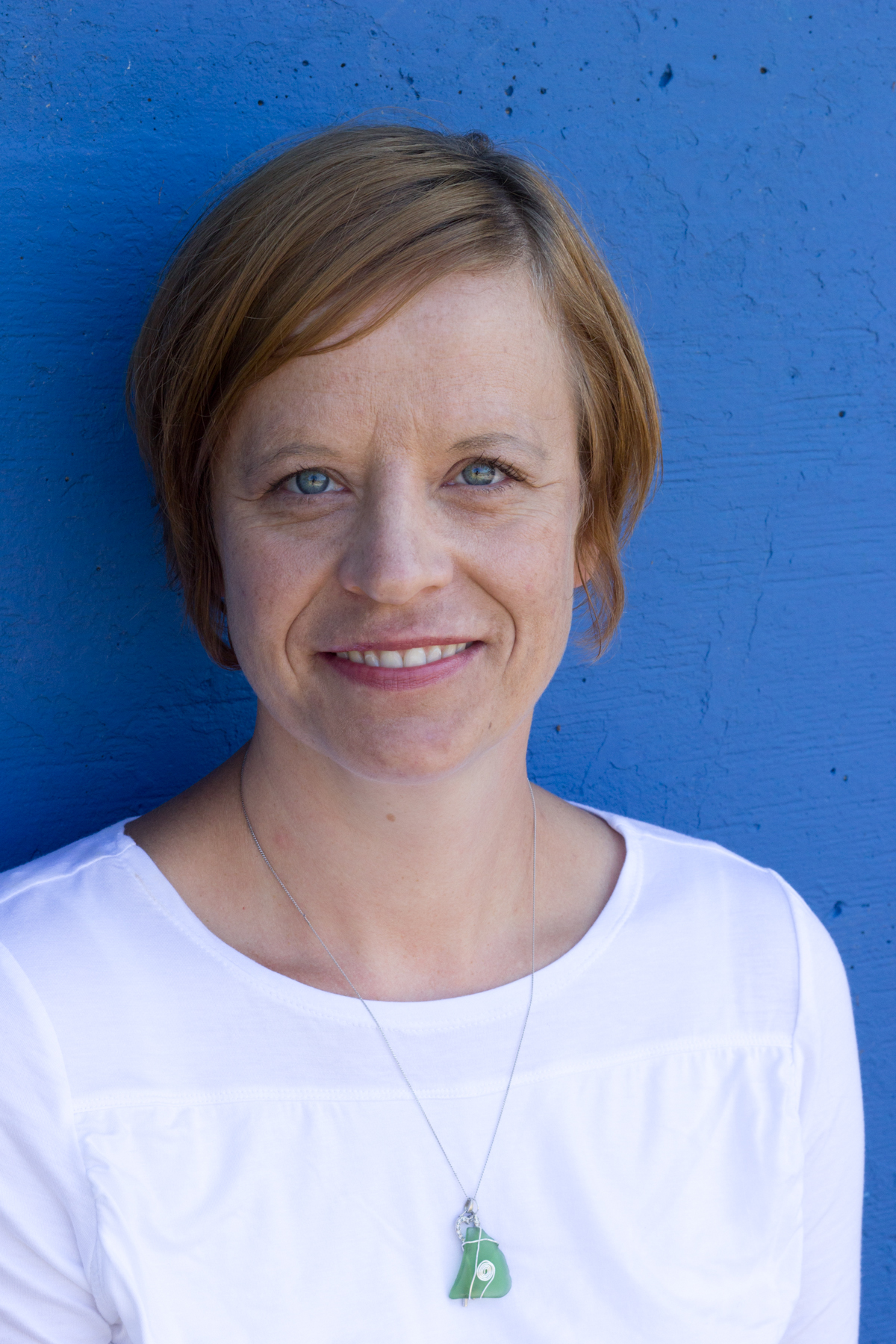Knowledge Translation and Community Engagement |
|
In this episode, Andrea is joined by Dianne Oickle, Knowledge Translation Specialist at the National Collaborating Centre for Determinants of Health (NCCDH). Dianne and Andrea talk about knowledge translation, community engagement, and the relationship between the two. Knowledge Translation (KT) can mean a variety of things, depending on the context and the person using the term. There are also a variety of related terms such as knowledge exchange, knowledge transfer, and knowledge mobilization. For this reason, staff at the NCCDH use the term “K-star” rather than Knowledge Translation. They define K-star as a two-way relationship, where information is put into a format that the audience can use. K-star products or services can include workshops, conferences, webinars, podcasts, conversations, newsletters, articles, and story-telling. At the NCCDH, knowledge is viewed not simply as coming from experts or people in power: rather knowledge is “found” in communities, the public health field, and with people that live with inequities. The NCCDH’s role is to package or format that information, and re-communicate it in a way that can be used in practice. K-star and community engagement have a circular relationship. The IAP2 continuum (which we often reference in the podcast) can also inform K-star initiatives. In particular, Dianne encourages public health folks to think beyond the informing and consulting stages of the continuum. Consider involving communities in the development of K-star initiatives, collaborating with communities, or even empowering communities to share, translate or mobilize the knowledge they have generated. K-star can also be a part of the engagement process. For example, a critical part of community engagement is a feedback loop with the communities you have engaged. This needs to be more than simply “reporting back” to communities: rather it’s about being accountable to the community that you are working with by telling them how their information is being used, and what decisions have been made and why they’ve been made. Having K-star principles in mind will help you think about communicating with communities in ways that are preferred by them and safe for them- not easiest for you. Dianne has two pieces of advice for listeners. The first is to step back to look at the focus of your work, and ask at every stage “where could community input help shape what I am doing?” and in particular, where communities with lived experience could be involved. The second is to think beyond knowledge transfer towards knowledge exchange and mobilization, and consider how the community can be involved in these two-way approaches. Dianne selected four articles that might be of interest to listeners: |
About Dianne:
Dianne Oickle has been a Knowledge Translation Specialist with the National Collaborating Centre for Determinants of Health (NCCDH) since 2014. Prior to this she was a dietitian for 15 years in public health in Ontario focused on reproductive and child health in a mostly rural setting with many diverse clients, including those that live with inequities every day. Part of her work with NCCDH has been related to exploring how engagement with communities who experience health inequities can inform public health action to address social determinants of health. Her role includes working with the public health sector to move knowledge into action in practice, policy and decision making. NCCDH is based at St. Francis Xavier University in Antigonish NS, located in Mi’kma’ki, the ancestral and unceded territory of the Mi’kmaq People.

